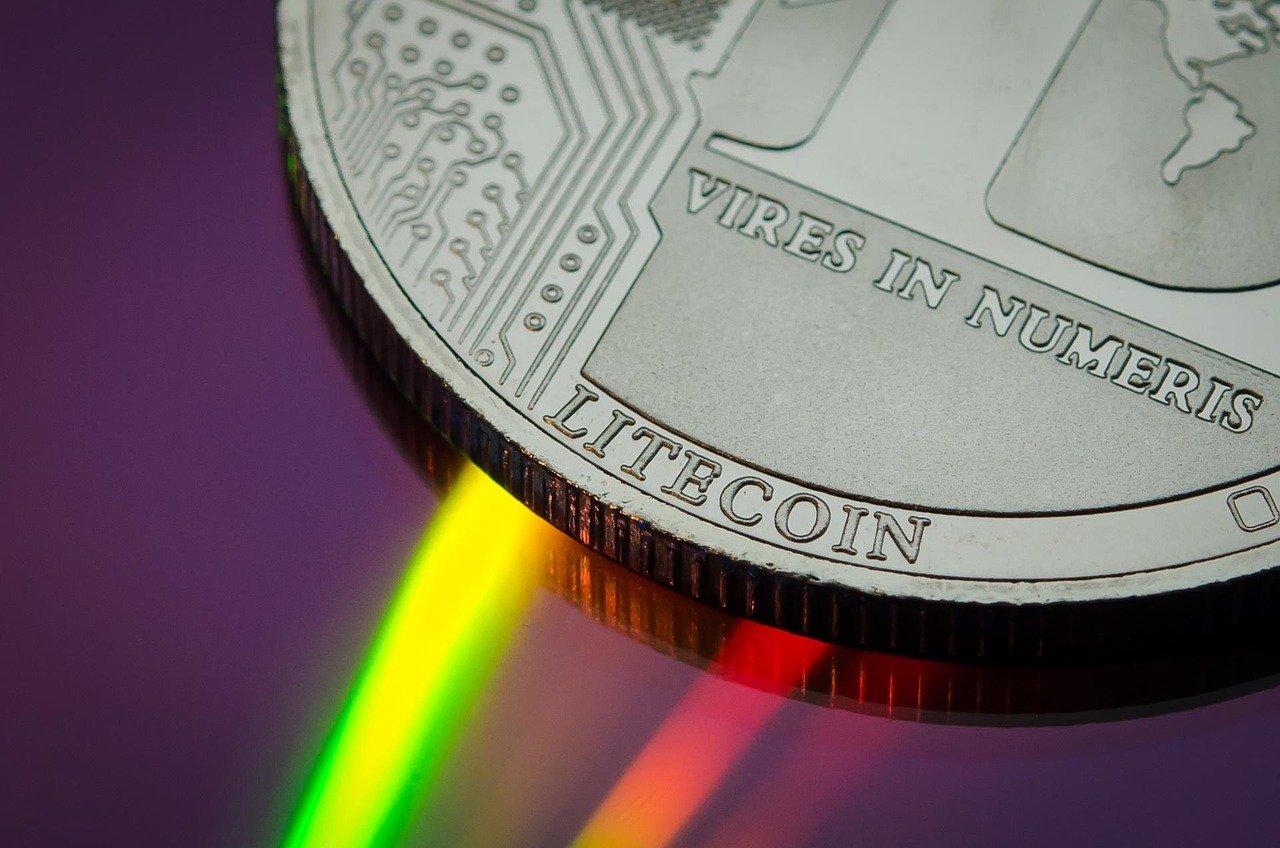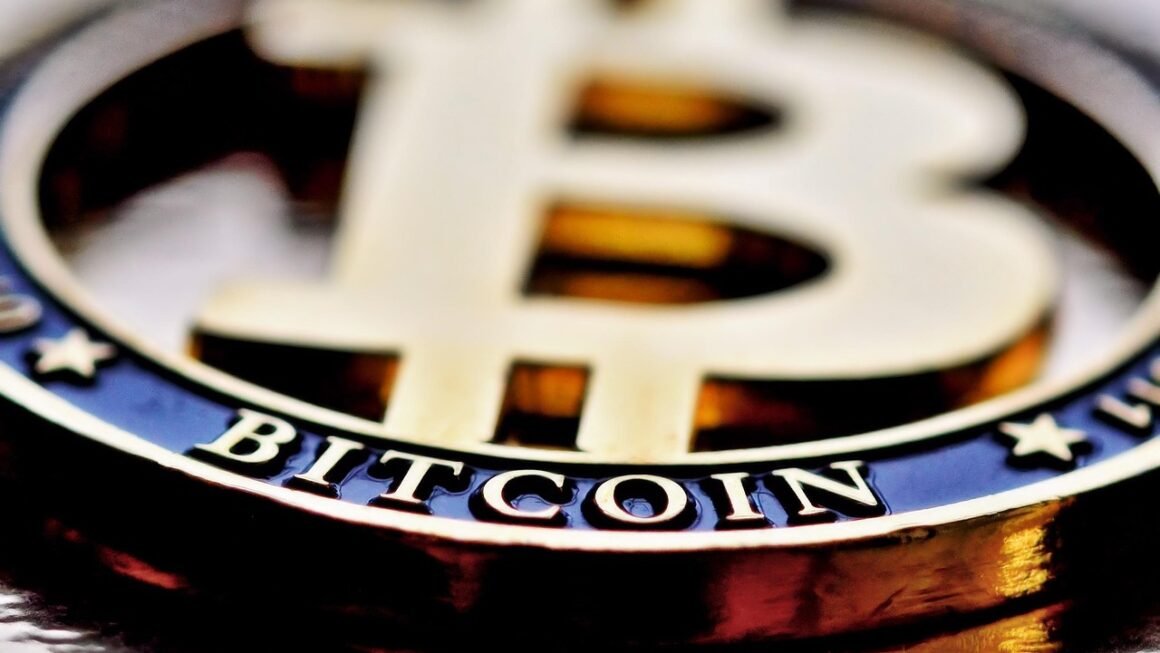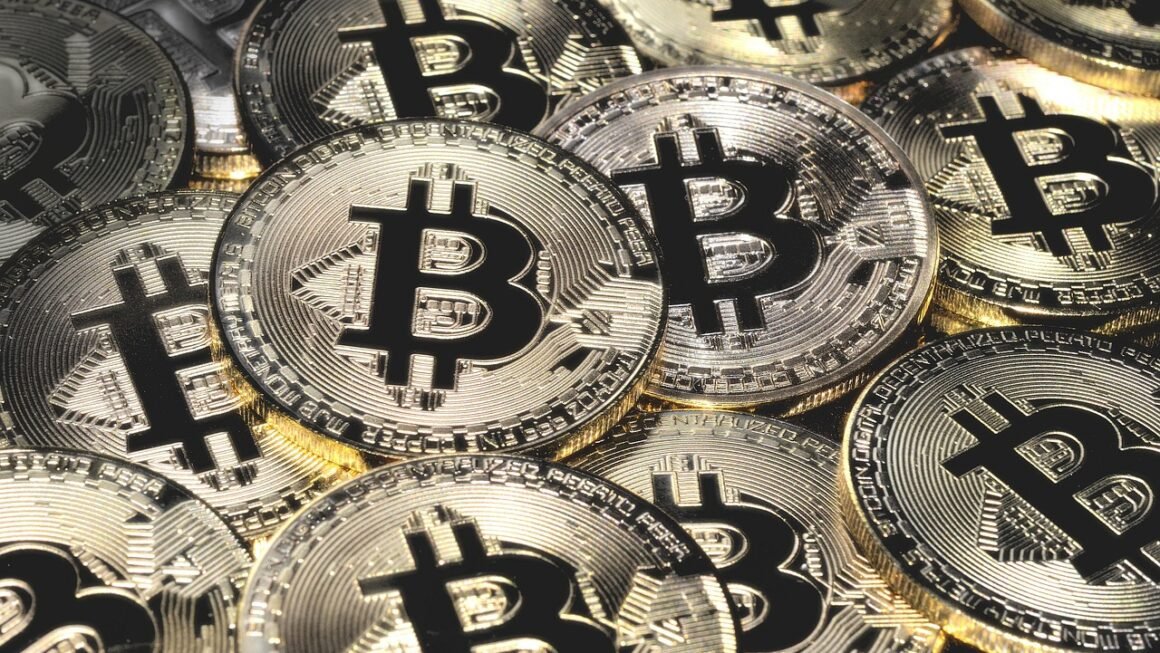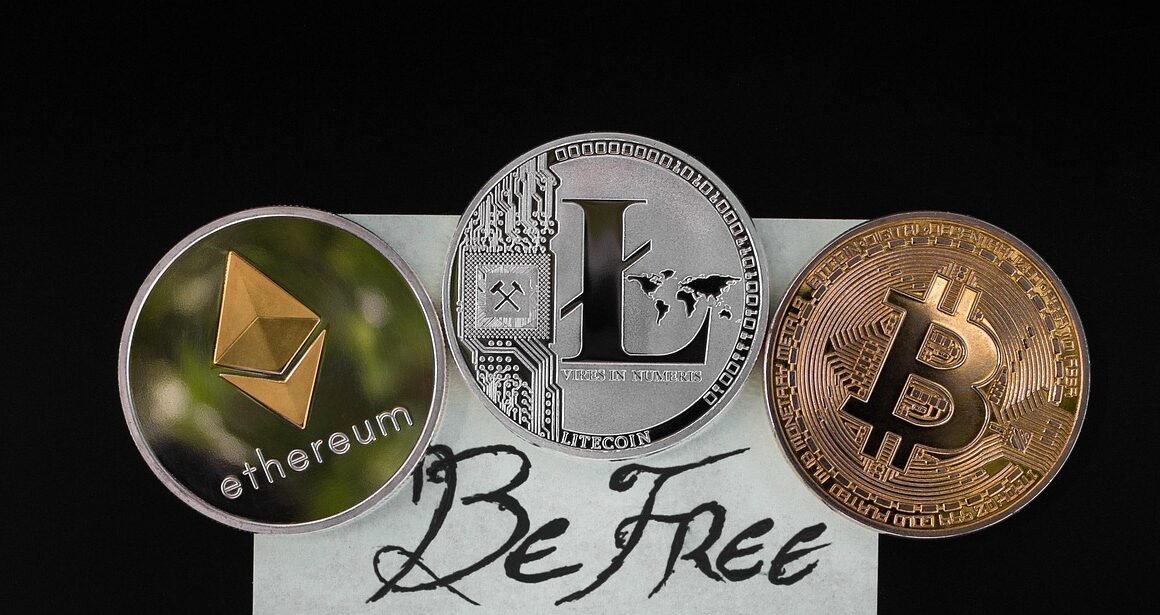Decentralized Autonomous Organizations (DAOs) are revolutionizing the way organizations operate, shifting power away from centralized entities and into the hands of their communities. A critical component powering this revolution is the governance token, enabling token holders to participate in decision-making processes. But what exactly are governance tokens, how do they work, and why are they important? Let’s dive into the world of governance tokens and explore their significance in the decentralized landscape.
What are Governance Tokens?
Governance tokens are a type of cryptocurrency that grants holders the right to vote on proposals and influence the direction of a decentralized project or protocol. Think of them as digital shares in a company, but instead of receiving dividends, you receive voting power within the DAO.
Functionality of Governance Tokens
- Voting Rights: The primary function is granting voting rights on proposals submitted to the DAO. The more tokens you hold, the more weight your vote carries.
- Proposal Submission: Often, holding a certain amount of governance tokens is required to submit a proposal for the community to consider.
- Staking and Rewards: Some governance tokens can be staked to earn rewards, incentivizing long-term holding and participation in governance.
- Protocol Fee Sharing: In some models, governance token holders may receive a portion of the protocol’s fees or revenues.
Governance Token Examples
- Maker (MKR): MKR holders govern the MakerDAO protocol, which issues the DAI stablecoin. They vote on parameters like stability fees and debt ceilings.
- Compound (COMP): COMP holders govern the Compound protocol, a decentralized money market. They vote on proposals to add new assets, adjust interest rates, and upgrade the protocol.
- Uniswap (UNI): UNI holders govern the Uniswap decentralized exchange. They vote on proposals to upgrade the protocol, allocate funds to community initiatives, and adjust fee structures.
Why are Governance Tokens Important?
Governance tokens are essential for achieving true decentralization. They empower communities and distribute decision-making power, leading to more transparent and community-driven projects.
Benefits of Governance Tokens
- Decentralization: Distributes control and decision-making power, preventing centralized authority.
- Community Ownership: Fosters a sense of ownership and responsibility within the community.
- Transparency: Governance processes are typically transparent and auditable on the blockchain.
- Innovation: Allows for diverse perspectives and community-driven innovation.
- Long-Term Alignment: Incentivizes long-term thinking and commitment to the project’s success.
- Increased User Engagement: Encourages active participation and engagement from users.
Challenges of Governance Tokens
- Low Voter Turnout: Voter turnout can be low, leading to decisions being made by a small group of token holders. Solutions include increasing incentives for voting.
- Whale Control: A small number of large token holders (whales) can disproportionately influence decisions. Solutions include quadratic voting.
- Complexity: Understanding complex proposals and governance processes can be challenging for some token holders. Solutions include simpler proposal formats and educational resources.
- Security Risks: Governance systems can be vulnerable to attacks and manipulation. Solutions include rigorous security audits and well-designed voting mechanisms.
How Governance Tokens Work: The Voting Process
The voting process typically involves these steps:
Voting Mechanisms
- Token-Weighted Voting: The most common mechanism, where each token represents one vote.
- Quadratic Voting: A voting system designed to give more weight to individual votes, reducing the influence of large token holders. The cost of each vote increases quadratically, meaning that voting twice costs four times as much, and voting three times costs nine times as much.
- Liquid Democracy: Allows token holders to either vote directly or delegate their voting power to another member of the community who they trust to make informed decisions.
Improving Voter Participation
- Incentives: Rewarding voters with additional tokens or other benefits.
- Simplified Voting Interfaces: Making it easier for token holders to understand proposals and cast their votes.
- Educational Resources: Providing information and resources to help token holders make informed decisions.
- Delegated Voting: Allowing token holders to delegate their voting power to trusted community members.
Analyzing the Value of Governance Tokens
Understanding what drives the value of governance tokens is crucial for investors and participants. Several factors influence their price and long-term viability.
Factors Influencing Governance Token Value
- Utility: The real-world utility and demand for the protocol governed by the token. A thriving protocol generally increases the value of its governance token.
- Governance Participation: The level of active participation and engagement in governance by token holders. Higher participation often signals a healthy and engaged community.
- Decentralization Level: The degree to which decision-making is distributed across the community. Greater decentralization can increase trust and confidence.
- Tokenomics: The token’s supply, distribution, and burn mechanisms. Scarce tokens with strong utility can appreciate in value.
- Market Sentiment: General market trends and sentiment towards cryptocurrencies and DAOs.
Risks to Consider
- Regulatory Uncertainty: Regulatory uncertainty surrounding cryptocurrencies and DAOs can impact the value of governance tokens.
- Protocol Vulnerabilities: Security vulnerabilities in the protocol governed by the token can lead to losses and a decline in value.
- Centralization Risks: Despite being designed to be decentralized, some DAOs can become overly centralized, diminishing the value of the governance token.
The Future of Governance Tokens
Governance tokens are still in their early stages, but they have the potential to revolutionize how organizations are structured and managed. As the DAO landscape matures, we can expect to see further innovation and refinement of governance models.
Emerging Trends
- Sophisticated Voting Mechanisms: Experimentation with more sophisticated voting mechanisms, such as quadratic voting and conviction voting, to improve fairness and inclusivity.
- DAO Tooling: The development of more robust tools and platforms for managing DAOs and governance processes.
- Cross-Chain Governance: Interoperability between different blockchains and DAOs, allowing for cross-chain governance and collaboration.
- Regulation and Compliance: Increased regulatory scrutiny and the development of compliance frameworks for DAOs.
- Specialized Governance Tokens: The emergence of governance tokens tailored to specific industries or sectors.
- AI-Assisted Governance: Using artificial intelligence to analyze proposals, facilitate discussions, and improve decision-making processes within DAOs.
Conclusion
Governance tokens represent a powerful tool for decentralizing decision-making and empowering communities. While challenges remain, the potential for governance tokens to transform organizations and unlock new forms of collaboration is immense. By understanding the fundamentals of governance tokens, participating actively in DAOs, and staying informed about emerging trends, you can play a role in shaping the future of decentralized governance. The future of organizations may very well be DAO-driven, and governance tokens are the keys to unlocking that potential.



